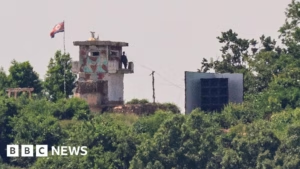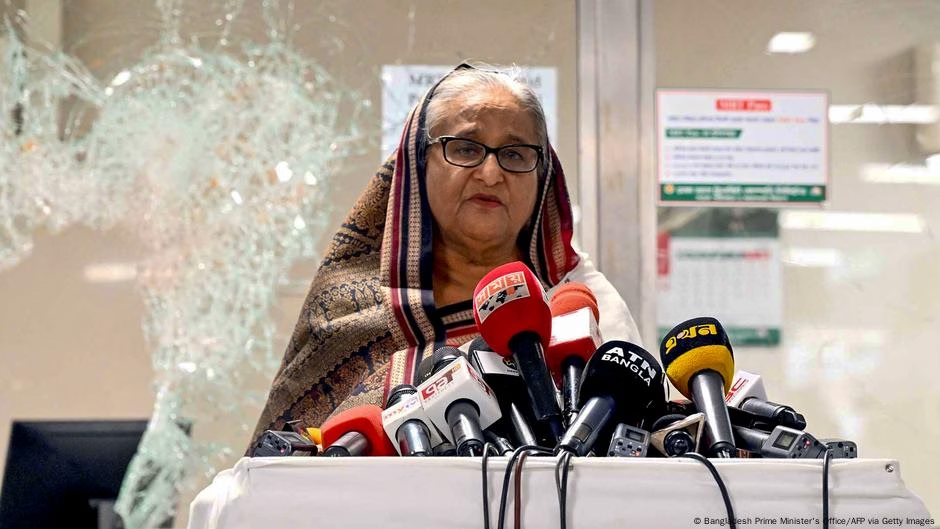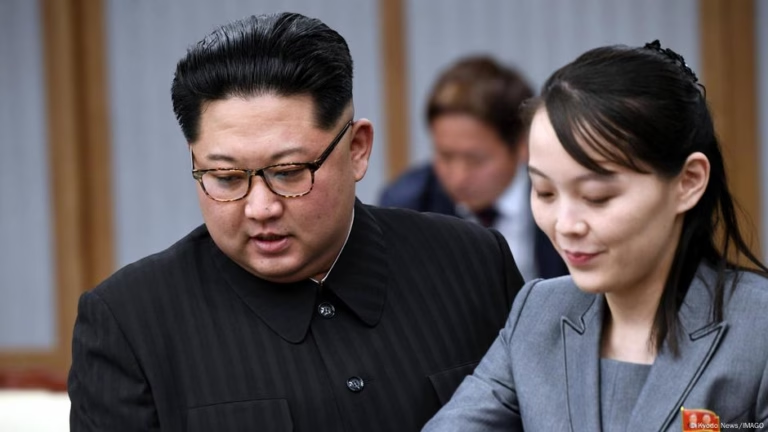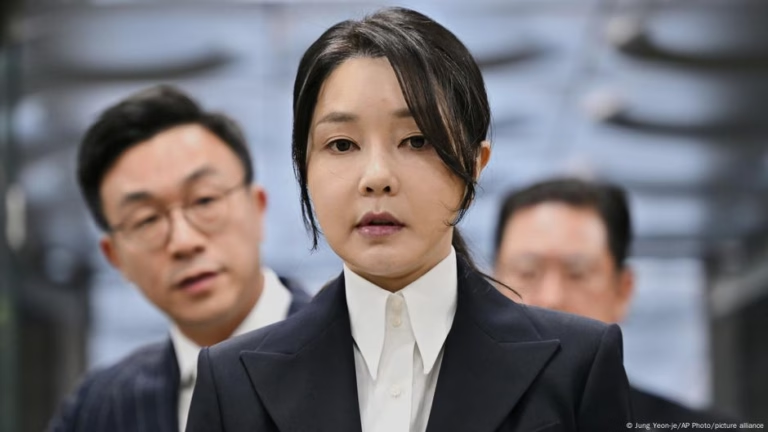The Awami League, under the leadership of Sheikh Hasina, former long-serving prime minister, was removed from power in a significant public uprising in 2024.
According to the country’s law advisor Asif Nazrul, the ban aims to ensure the protection of the tribunal’s plaintiffs and witnesses. This decision followed a special cabinet meeting, which also approved an amendment to the country’s International Crimes Tribunal Act. This amendment enables prosecutors to target political parties and their associated organizations.
These measures came after thousands of demonstrators took to the streets of Dhaka to demand the dissolution of the Awami League. The protesters have vowed to continue their demonstrations until their demand is met.
The Awami League has denounced the ban as “illegitimate.”
Resurgence of 2024 Protests:
According to the UN human rights office, the Hasina administration’s response to protests in July and August could have resulted in up to 1,400 fatalities. The OHCHR stated that the majority of victims were wounded by security forces. A February report by OHCHR on the student-led protests underscored the brutal and systematic repression faced by the demonstrators.
Sheikh Hasina, the former premier who served for over two decades, has been in exile in India since August 2024. Both she and her high-ranking party members stand accused of murder in numerous cases. Despite an arrest warrant issued by the Bangladeshi court for Hasina’s alleged crimes against humanity, she has not returned to face the charges.
Edit: Zac Crellin







